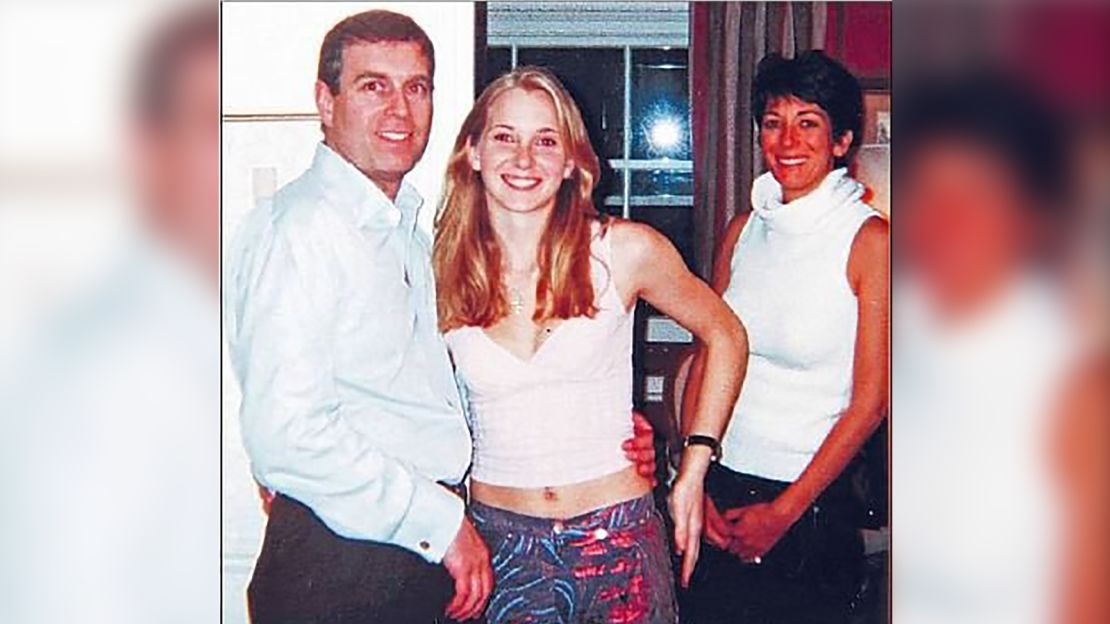“Jeffrey Epstein: Filthy Rich” begins with an arresting image: Close-up footage of the wealthy hedge-fund manager during a 2012 deposition, as he is questioned about allegedly soliciting minors for prostitution. It’s grainy and raw, a fair description of this four-part documentary, which squarely focuses on the story from the alleged victims’ perspective.
As constructed, there are some initial drawbacks to that. Director Lisa Bryant – working with among others author (and former Epstein neighbor) James Patterson, who wrote a book on the case – presents material in a non-linear way, which proves a trifle disorienting.
Stay with it, though, and “Filthy Rich” coalesces into a maddening tale not only of how Epstein allegedly preyed upon teenagers, but an indictment of a system and institutions that missed opportunities to intervene.
What the Netflix docu-series accomplishes most effectively is to capture the helplessness that survivors of Epstein’s abuse say they felt. In that regard, it’s a close companion to “Surviving R. Kelly,” thematically as well as in its format.
Beyond his enormous wealth, private jets and lavish estates, Epstein interacted with other rich and famous people, including Bill Clinton, Donald Trump, Prince Andrew and Harvey Weinstein. Moreover, he flaunted those connections, while seeking out girls from disadvantaged or troubled backgrounds and allegedly exploiting those vulnerabilities.
The introductory hour focuses on a Vanity Fair piece commissioned to answer the seemingly innocuous question of who Epstein was and how he amassed his fortune. Reporter Vicky Ward’s work, however, exposed allegations of sexual assault that ultimately didn’t find their way into the 2003 article – to her stated frustration, and for reasons that the magazine disputes. (Ward is now a senior reporter at CNN.)

The documentary unfolds along those lines, as Epstein allegedly leveraged his wealth to escape legal repercussions. That includes the “sweetheart deal” negotiated in Florida between Epstein’s legal team and former U.S. attorney Alex Acosta, who later served as President Trump’s Labor Secretary for two years, before stepping down over his involvement with Epstein’s 2008 plea deal. (Acosta has stated that his office handled the case appropriately, and former Epstein attorney Alan Dershowitz defends the propriety of the agreement in an on-camera interview.)
“Filthy Rich” covers a lot of ground, including how Epstein wormed his way into the finance industry and high society. But its attention never deviates for long from the women – then mere girls – and what attorney Brad Edwards describes as a “molestation pyramid scheme,” built on, as Ward puts it, “the abuse of power and money.”

Like the depositions, it’s chilling to hear recorded police interviews with girls discussing how they were both terrified and unable to flee – sometimes whisked off to distant locales, like Epstein’s private island.
“Filthy Rich” will be followed by “Who Killed Jeffrey Epstein?,” a more slapdash three-part effort from Investigation Discovery, which devotes ample time to conspiracy theories birthed by Epstein’s prison death by suicide last August. The Netflix project does address that, but for those with lingering questions, the latter focuses more expansively on that aspect of the story.
While much of what’s presented is stomach turning, the last chapter of “Filthy Rich” overtly seeks to feel empowering, as Epstein’s victims appeared in court after his death, in a display of determination and solidarity. As one, Courtney Wild, puts it, the clear message was “no more hiding. No more Jane Doe.”
Even at four hours, “Jeffrey Epstein: Filthy Rich” can’t close the books on the Epstein case. Because while he might be gone, the far-reaching tentacles of this story aren’t – either for the identified survivors, or the questions that remain unanswered and unknown about the blocks in that pyramid.
“Jeffrey Epstein: Filthy Rich” premieres May 27 on Netflix.
“Who Killed Jeffrey Epstein?” premieres May 31 on Investigation Discovery.




